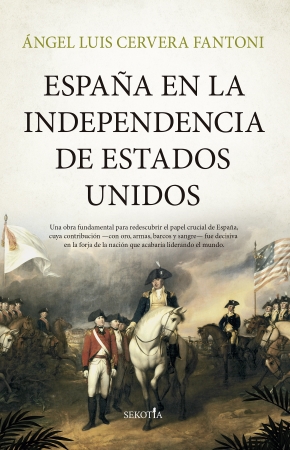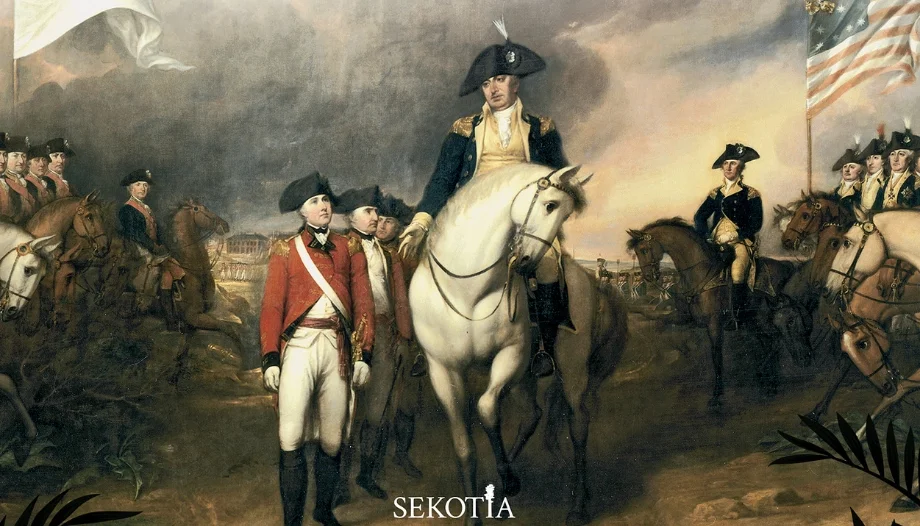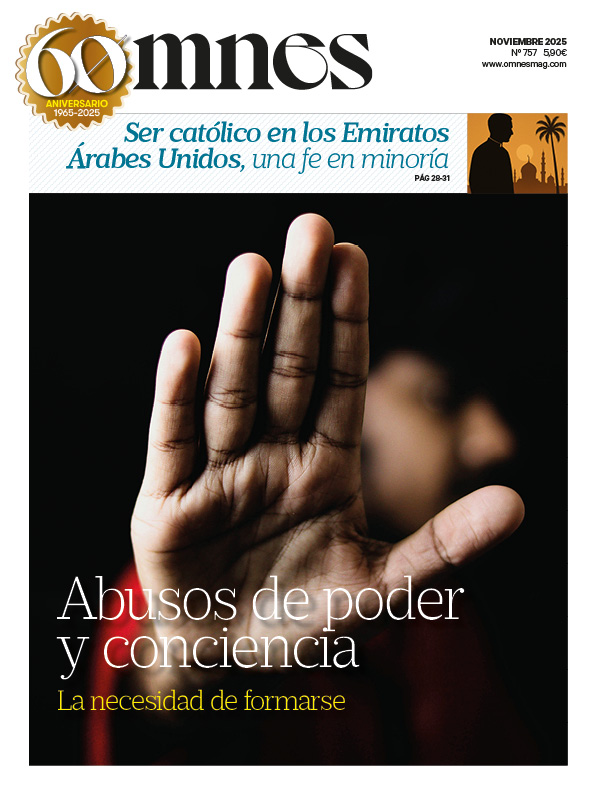July 4, 2026 will mark the 250th anniversary of the independence of the United States and will shed much light on the historical and cultural roots of that event, with many conferences, scientific meetings and papers to be published in these months.
A good example is the recent work of historian and communication specialist Angel Luis Cervera Fantoni, focused on Spain's contribution to the independence of the United States.
Let us remember that very recently Professor Nel deGrasse Tyson (New York 1958), one of the most influential science communicators in the United States, referred to Columbus' voyage and the discovery of America on October 12, 1492 as one of the most important events in history, because with his daring to follow the western route he managed to interconnect two worlds that had been divided: North and South America had been disconnected from the rest of the continents for many centuries.
In fact, through the fundamental fact of the discovery, the American colonization began based on cultural exchange and in the religious and legal sense, since the following discoveries throughout the length and breadth of those territories were aimed at the evangelization of the natives and their culturization.
It is enough to realize that more than 60 % of the inhabitants of New Spain (Mexico) at the time of independence were indigenous people who were baptized and many of them were literate and governed their lands and had their industries. That is to say, the culture and civilization that Spain implanted was not that of Europe, but was completely new: neither Spanish, nor indigenous, but a synthesis of both that was acquiring tonalities and accents according to the different places.
In fact, when the United States gained its independence and, above all, after the Civil War, the process of overcoming racism and slavery began and the new United States began to act as in South America, creating a new culture and civilization in those vast territories.
In fact, just as in the South Spanish was imposed but grammars and dictionaries were written to evangelize those lands and to preserve many local traditions, so too in the United States they stopped the English system of “the best Indian is the dead Indian” to adopt the Spanish system.
Christian humanism and the School of Salamanca
But Spain did something much greater than discovering America and that was to bring there the Christian humanism that was sprouting in Europe from the School of Salamanca and that turned Renaissance humanism into a new humanism that was spreading from Spain to the whole world.
In fact, in 1526, we will now celebrate the five hundredth anniversary of the beginning of the teaching of Francisco de Vitoria in the Faculty of Theology of the University of Salamanca and with that teaching would also begin the friendship and contacts of Vitoria and his disciples with more professors and students of the University and, through academic mobility and books, Vitoria's ideas reached all the universities of the world and from there to all the Christian people.
It is very interesting that the laws of the Spanish Indies influenced the United States and contributed to the creation of the rule of law with the American Constitution. That is, the law protected the individual.
Precisely, the dignity of the human person was the key to understand the School of Salamanca and to understand its fundamental characteristics. If we were to summarize the contributions of the School of Salamanca, we would have its characteristics and we would see that the basis was the dignity of the person.
Vitoria only based his theological, economic and juridical edifice on human anthropology. Therefore, that man has the dignity of a person as the image and likeness of God, even if he was not baptized, subject to rights and obligations, free and capable of owning his land and supporting his family meant that there were no slaves among the Indians: they were all subjects of the crown of Castile.
The legacy of Salamanca's humanism in America and the United States
Precisely, the approval of the fair price, the limitation of taxes, the establishment of precarious loans, the dominion of land and the free market that operated in America and between Europe and America.
The suppression of slavery, admitting black slaves to baptism meant that they had to be treated with delicacy, they could not be put to death, they had the right to buy their freedom.
It is very interesting the establishment of schools, universities, hospitals, hospices, hospital cities, and the whole network of works of mercy, spiritual and material, since the commandment of charity was never taken in the Church as a benefit of inventory.
The ordinations of mestizos, cuarterones, indigenous people began to surpass that of the crilllos, thus the civilization of Peru, Central America, Ecuador or Colombia are especially striking.
All this way of acting would lead to the American constitution and democracy in the North, which received from Europe huge masses of population that were incorporated into the faith, law and culture that have made the United States a great and highly developed nation.
In the juridical world of Vitoria and de Soto, Spain had a title of presence in America: to bring faith, culture and law, but always respecting freedom and the conviction that it could not be imposed except by persuasion. It is important that the 250 years of American independence remember that the principles of the School of Salamanca enlightened Europe and America through Christian humanism. If today we wish to get out of the impasse in which we find ourselves, a good solution would be to recover the humanism of Salamanca and turn it into a new humanism.
Spain in the independence of the United States









